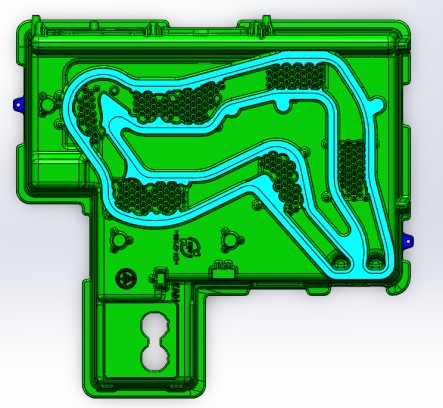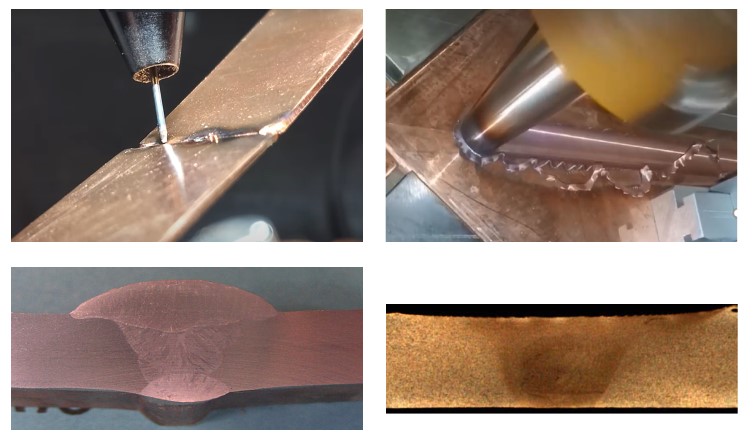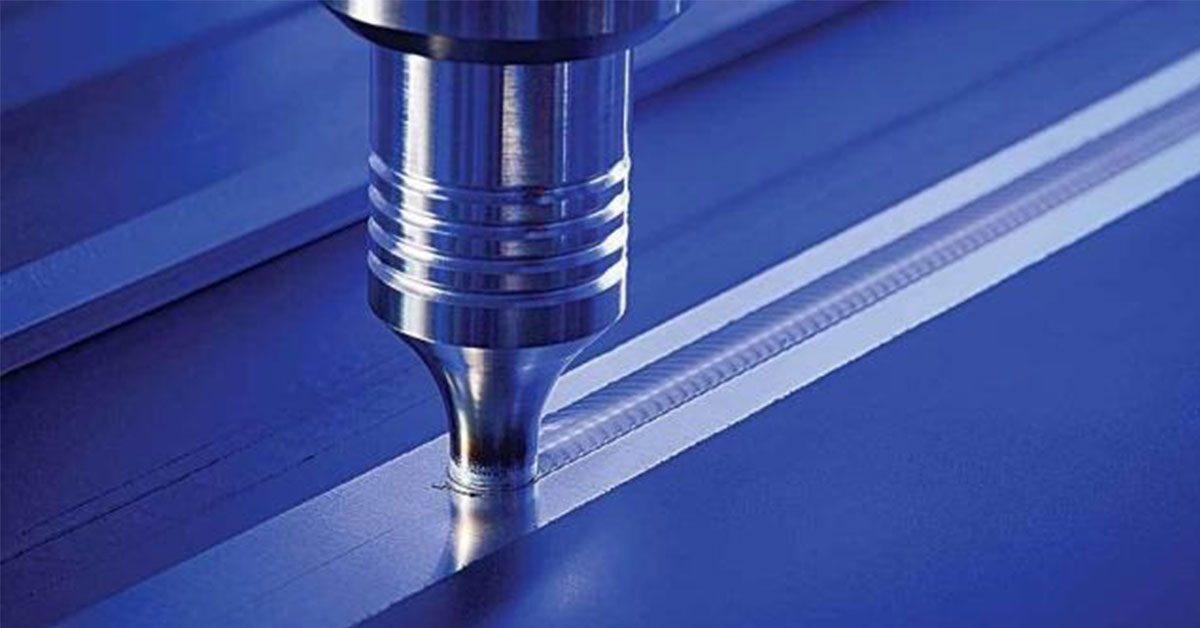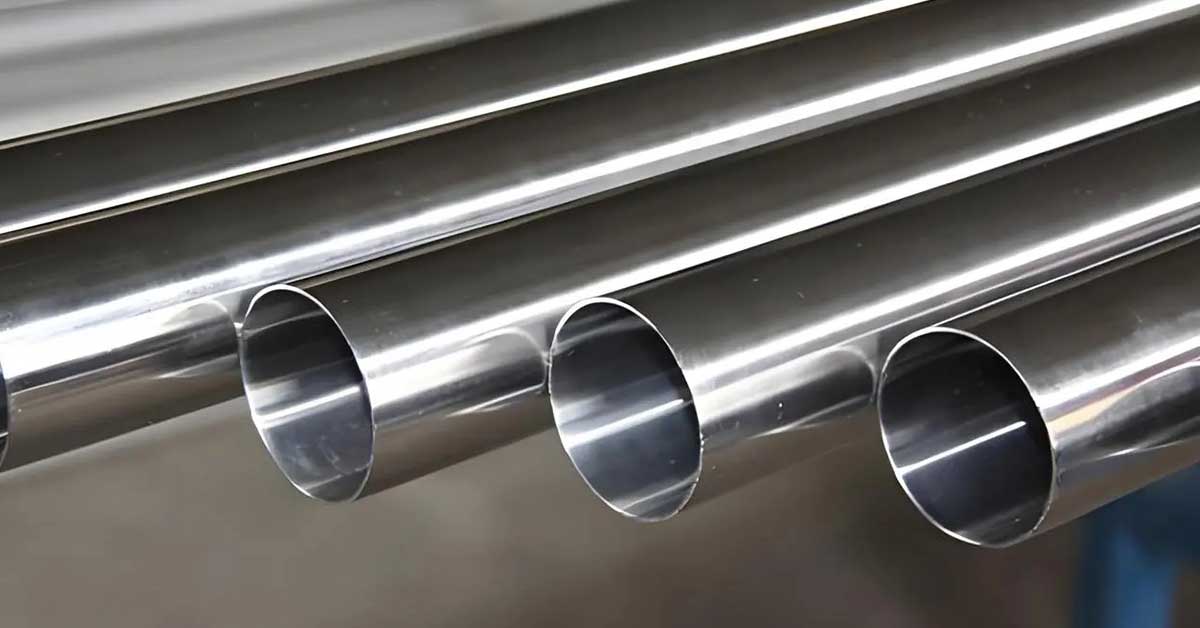Friction Stir Welding of Die-Cast Aluminum Alloys: Innovating the Art of Joining
Die-cast aluminum alloys have revolutionized numerous industries with their combination of lightweight, strength, and cost-effectiveness. These alloys, widely used in automotive, aerospace, and electronics sectors, are known for their ability to accurately replicate complex geometries while maintaining superior mechanical properties, Die-Cast Aluminum Alloys are widely used in the electric Vehicles key components such as the electric control box, battery tray and motor shell . However, the intricate structures and sensitivity to thermal distortion pose significant challenges during the welding process.
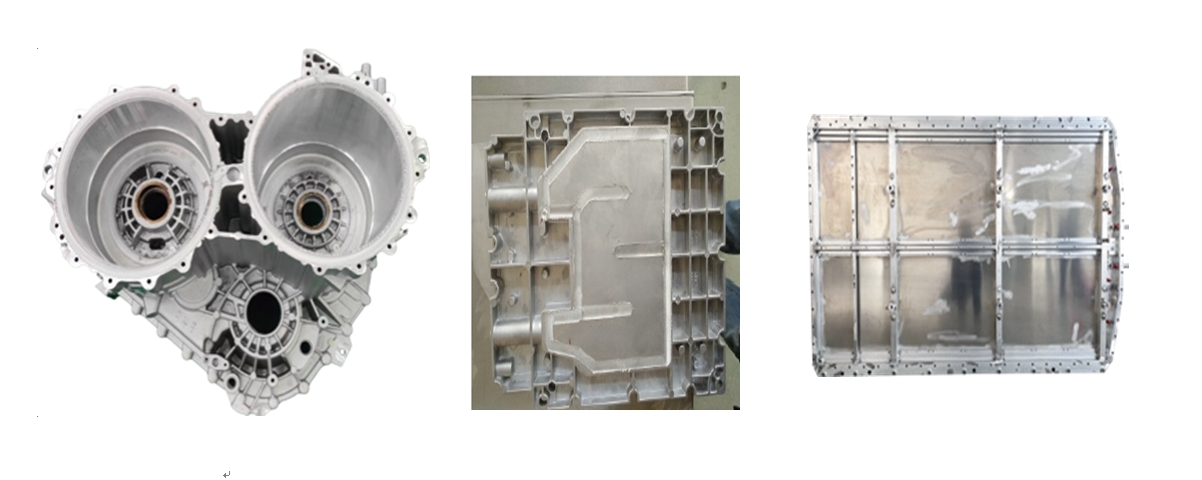
The welding of die-cast aluminum alloys has long been a vexing issue due to their tendency to develop porosity, hot cracking, and distortion upon exposure to high temperatures. Traditional welding methods often lead to reduced material integrity and necessitate extensive post-weld processing, adding to the overall cost and complexity.
Friction Stir Welding (FSW), a cutting-edge solid-state joining technique that elegantly circumvents these challenges. FSW harnesses the frictional heat generated between a rotating tool and the workpiece, locally plasticizing the metals without melting them. This unique process ensures minimal heat-affected zones, preserving the parent material's microstructure and mechanical properties. Moreover, FSW offers a near-zero distortion joint, crucial for maintaining the intricate geometries of die-cast components.
Comparison of FSW and fusion welding for Aluminium castings
Welding Method | Friction Stir Welding (FSW) | Fusion Welding |
Principle | Solid-state joining through friction heat | Melting and fusing materials together |
Distortion | Nearly none, maintaining geometry | More prone to deformation |
Quality | High, minimizing defects The strength can reach 100% of base metal leak test 100% | Defect of pore, quite difficult to weld, can not satisfy strength and leak test requirement |
Energy Consumption | Lower, as no melting required | Higher, due to melting process |
Environmental Impact | Minimal splatter, smoke-free, eco-friendly | Potential splatter, smoke, requires protection |
Below is a typical case of FSW for electric control box
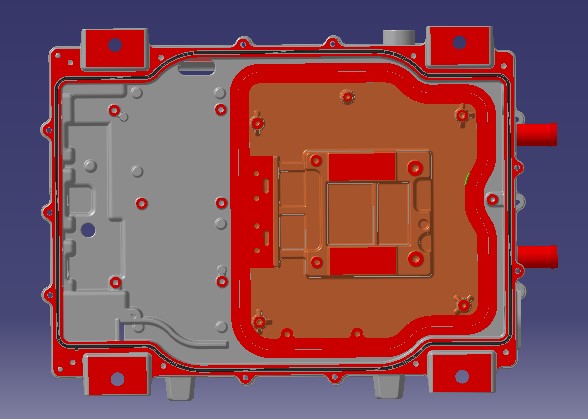
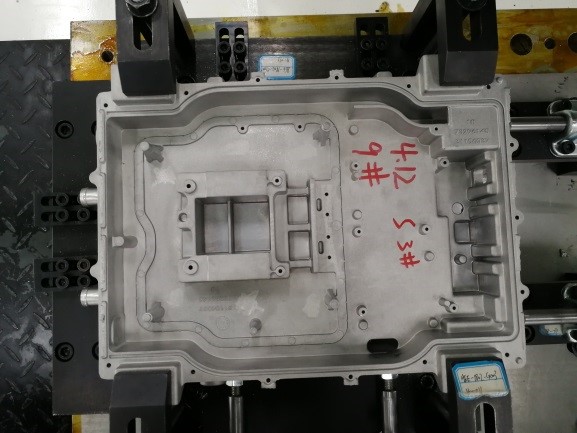
The base material:AlSi12Fe
Production quality requirement:
1. welding dents within 0.3mm; 2. Welding quality satisfy ISO 25239-2011; 3. Air tightness testing requirements:Inflation time 10 - 20s; stabilization time 10-20s; test leakage time 50s; air pressure test value: 250kPa (±10kPa); pressure leakage value 0.30 kPa.
Welding process: AEE FSW machine and customized hydraulic fixture, AEE FSW tools, welding speed: 500mm/min;
After welding, RT, Metallographic observation and leak testing are conducted to ensure there is no defect in the weld seam.
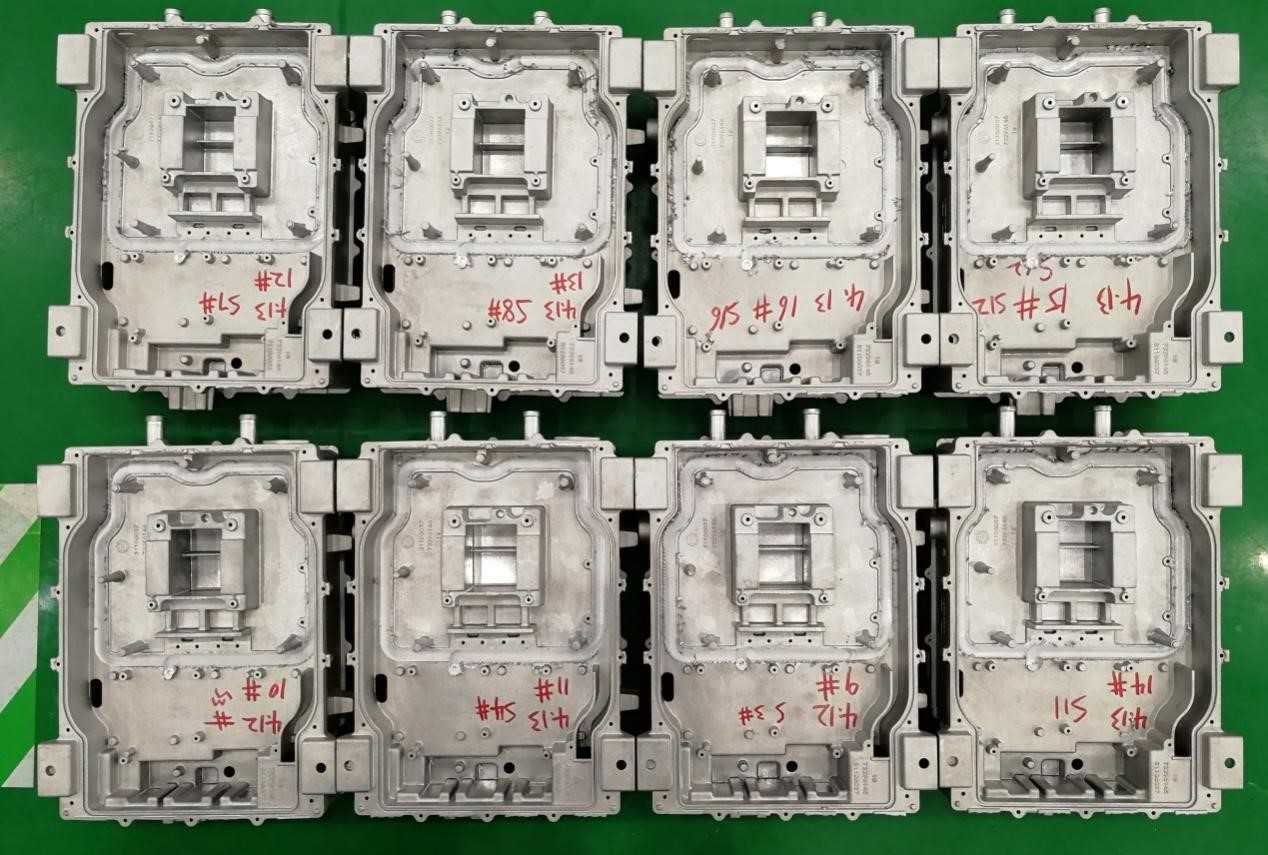
In conclusion, Friction Stir Welding has emerged as a game-changer in the welding of die-cast aluminum alloys. Its ability to overcome the inherent limitations of traditional welding techniques and produce high-quality, distortion-free joints underscores its potential to drive innovation and efficiency across diverse industries.
To delve deeper into the world of AEE and its groundbreaking achievements, kindly reach out to us via overseainfo@aeespace.com. We eagerly await the opportunity to share more about our journey and how we can collaborate to revolutionize your industry.


